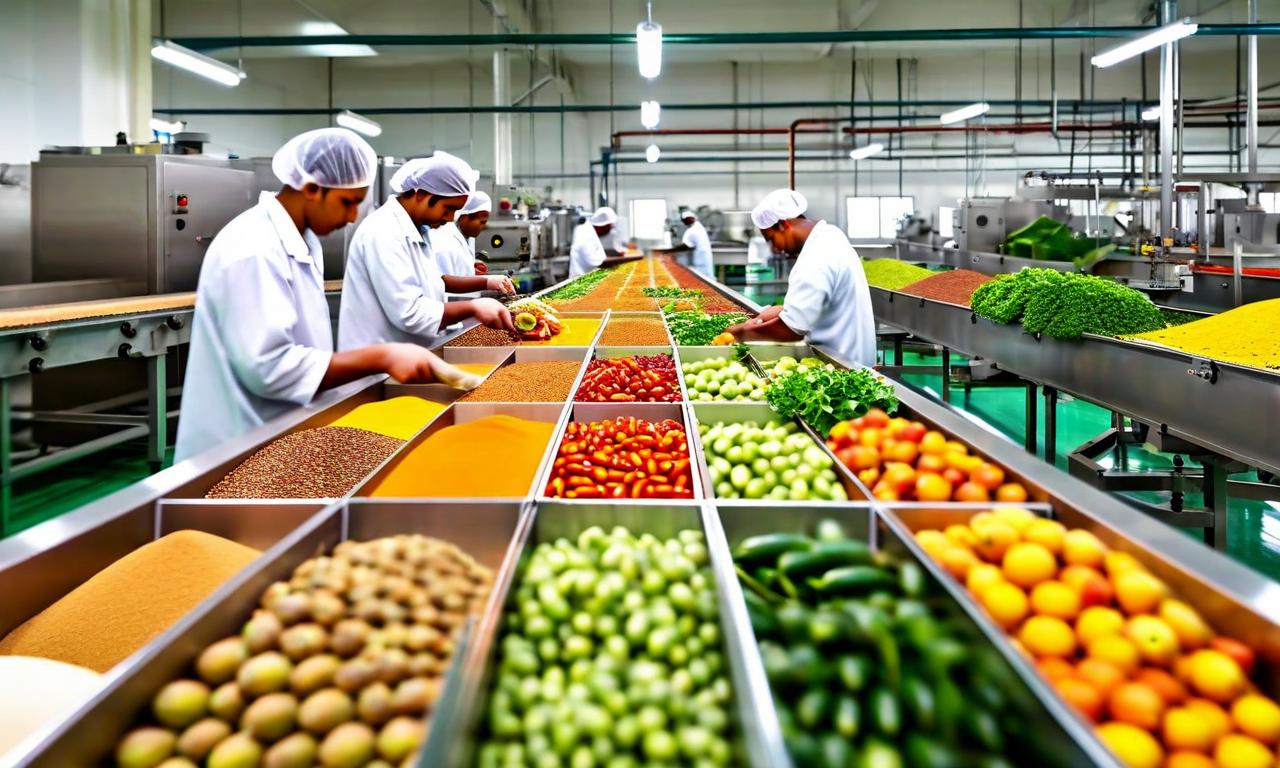Delhi High Court Rebukes Patanjali for 'Dhoka' Chyawanprash Ad in Dabur Case
The Delhi High Court has criticized Patanjali Foods for referring to competitors' products as 'dhoka' (fraud) in its chyawanprash advertisement. Justice Tejas Karia suggested using terms like 'inferior' instead. The court has reserved its verdict on Dabur's interim injunction application against Patanjali. Dabur alleges Patanjali's ad falsely claims '51 Ayurvedic herbs and saffron' content and misuses the 'Special' prefix. Patanjali defends the ad as permissible puffery and hyperbole.

*this image is generated using AI for illustrative purposes only.
The Delhi High Court has taken a critical stance against Patanjali Foods for its controversial chyawanprash advertisement, which referred to competitors' products as 'dhoka' (fraud or deception). This development comes as part of an ongoing legal battle between Dabur, a major player in the Ayurvedic products market, and Patanjali.
Key Highlights of the Court Proceedings
- Court's Stance: Justice Tejas Karia stated that while Patanjali can claim to be the best, it cannot label competitors as fraudulent. The court suggested using terms like 'inferior' instead.
- Case Status: The court has reserved its verdict on an interim injunction application in the disparaging ads case filed by Dabur against Patanjali.
- Dabur's Allegations: Dabur claims that Patanjali's advertisement falsely states its chyawanprash contains '51 Ayurvedic herbs and saffron', despite a 2014 government advisory deeming such claims misleading.
- Additional Complaint: Dabur contends that Patanjali's use of 'Special' as a prefix violates Drug Rules regarding misleading labelling of Ayurvedic formulations.
Patanjali's Defense
Patanjali's legal team has defended the advertisement, arguing that it falls under permissible puffery and hyperbole. They maintain that companies are allowed to claim superiority over competitors in their marketing strategies.
Implications for Advertising in the Ayurvedic Products Market
This case highlights the fine line between competitive advertising and disparagement in the Ayurvedic products market. The court's final decision could have significant implications for how companies in this sector approach their marketing strategies, particularly when making comparisons with competitors.
| Aspect | Details |
|---|---|
| Plaintiff | Dabur India Limited |
| Defendant | Patanjali Ayurved |
| Court | Delhi High Court |
| Judge | Justice Tejas Karia |
| Key Issue | Use of term 'dhoka' in Patanjali's chyawanprash advertisement |
| Dabur's Claims | 1. False claim of '51 Ayurvedic herbs and saffron' 2. Misuse of 'Special' prefix |
| Patanjali's Defense | Advertisement is permissible puffery and hyperbole |
| Court's Suggestion | Use of terms like 'inferior' instead of 'dhoka' |
As the case unfolds, it will be interesting to see how the court balances the right to competitive advertising with the need to prevent unfair disparagement in the Ayurvedic products market. The verdict could potentially reshape advertising norms in this growing sector of India's consumer goods industry.
Historical Stock Returns for Patanjali Foods
| 1 Day | 5 Days | 1 Month | 6 Months | 1 Year | 5 Years |
|---|---|---|---|---|---|
| +0.27% | +2.15% | +2.52% | -10.42% | -12.12% | -22.61% |




































